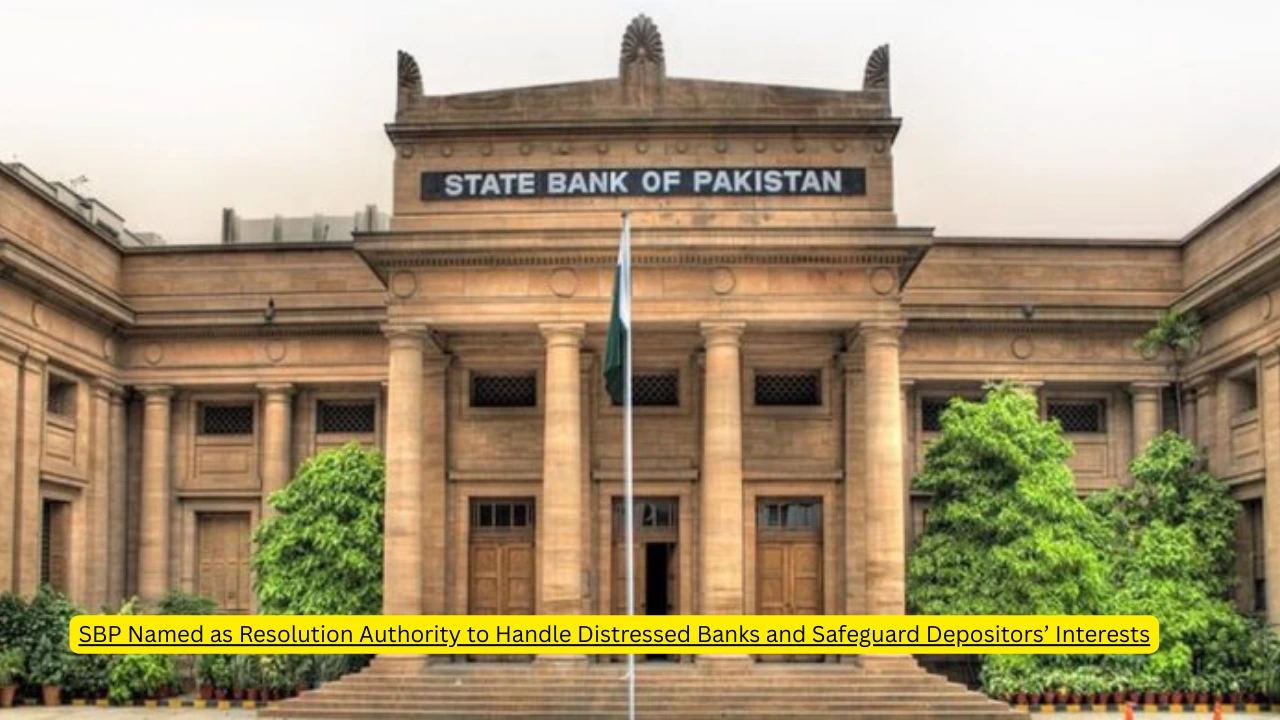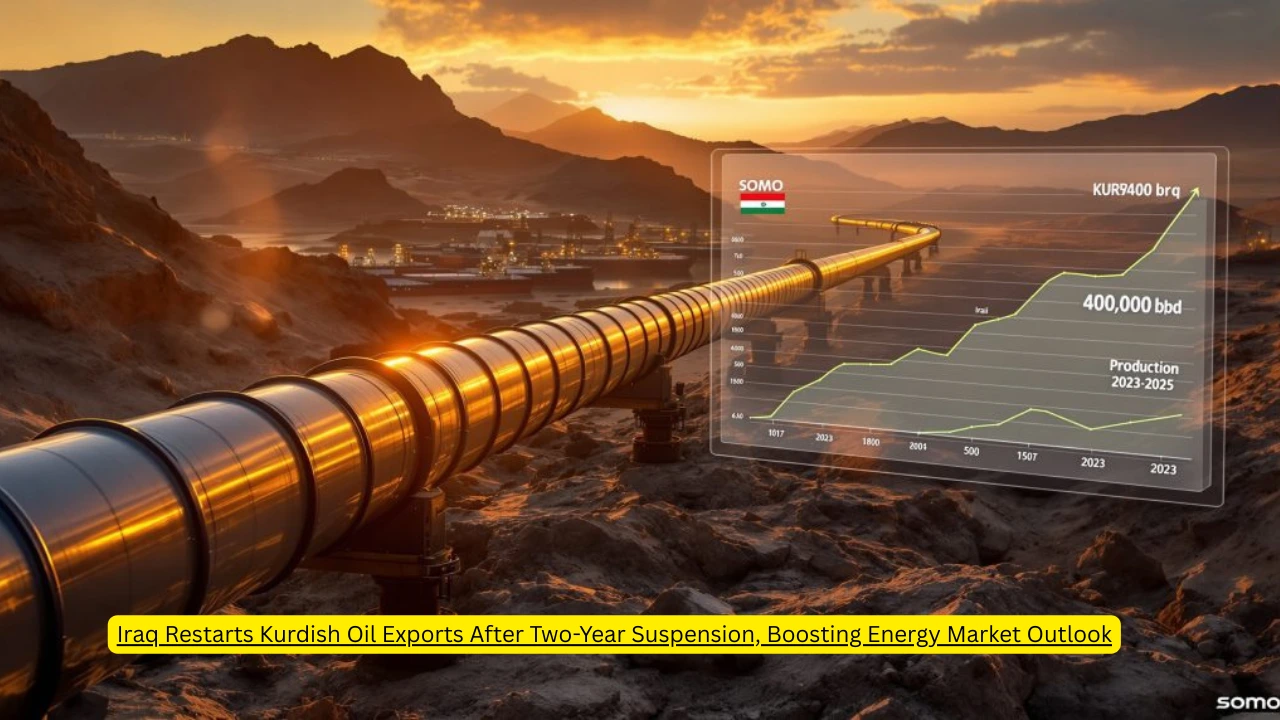The Finance Ministry of Pakistan has projected September inflation to remain between 3.5% and 4.5%, even as the country grapples with the devastating economic effects of recent floods. This forecast highlights cautious optimism that inflationary pressures may remain under control despite challenges facing agriculture, supply chains, and energy costs.
Pakistan Inflation September 2025: Why This Projection Matters
Inflation is one of the most important indicators of economic stability, directly affecting the cost of living for millions of Pakistanis. The projection of Pakistan inflation September 2025 at 3.5–4.5% suggests that:
- The government expects stable food prices despite flood-related crop damage.
- Inflationary pressures from global oil prices may be partially offset by local measures.
- Efforts to stabilize the rupee and control imports are contributing to price management.
Impact of Floods on Pakistan’s Economy
Pakistan has faced severe flood damage in 2025, disrupting:
- Agriculture: Floods damaged key crops like rice, sugarcane, and vegetables.
- Supply Chains: Transportation delays increased costs of essential goods.
- Housing & Infrastructure: Losses added pressure on fiscal resources.
Despite these challenges, the inflation projection signals that the government believes food and energy price shocks can be contained through administrative controls and subsidies.
Government Measures to Manage Inflation
The Finance Ministry and State Bank of Pakistan have taken several steps to prevent runaway inflation:
- Subsidies on Key Commodities – Providing relief on wheat, sugar, and electricity.
- Tight Monetary Policy – Interest rates have been managed to control money supply.
- Import Management – Restricting non-essential imports to protect reserves.
- Price Monitoring – Strengthened checks on hoarding and profiteering.
These measures are central to keeping Pakistan inflation September 2025 within the projected range.
Inflation Trends in the Past Year
Pakistan’s inflation has been volatile over the past 12 months due to global commodity prices, currency depreciation, and domestic shocks. Earlier this year, inflation peaked in double digits, raising concerns about food insecurity.
The new projection of 3.5–4.5% suggests significant progress in stabilizing prices, especially compared to the higher rates seen in 2024.
Public Concerns and Market Reactions
While the government paints a positive outlook, public skepticism remains:
- Consumers argue that daily essentials like vegetables, fuel, and medicines are still costly.
- Traders worry that supply chain disruptions from floods may push prices higher than forecasted.
- Analysts note that if global oil prices rise further, inflation could exceed projections.
Markets, however, reacted positively to the forecast, with investor sentiment improving in the short term.
Regional and Global Context
Pakistan is not alone in facing inflationary pressures. Neighboring countries like India and Bangladesh are also experiencing fluctuations in food and fuel prices due to climate-related disasters and global oil volatility.
The projection of Pakistan inflation September 2025 at relatively moderate levels strengthens Pakistan’s position in South Asia as it works toward economic recovery.
Future Outlook for Pakistan’s Economy
Looking ahead, Pakistan’s inflation trajectory will depend on:
- The pace of flood recovery and agricultural output.
- Stability in global oil and commodity markets.
- Continued fiscal and monetary discipline by the government.
If managed well, Pakistan could maintain inflation within the forecasted band, providing relief to consumers and supporting economic growth.
Conclusion
The Finance Ministry’s forecast of Pakistan inflation September 2025 at 3.5–4.5% reflects cautious optimism amid difficult conditions. While floods have caused economic damage, government policies and global market stability may help keep inflation under control.
For ordinary citizens, however, the true test will be whether these projections translate into real relief at grocery stores, fuel pumps, and utility bills. If inflation remains within this range, it will mark an important step toward restoring public confidence and stabilizing Pakistan’s economy.Read more about “Iraq Restarts Kurdish Oil Exports“


